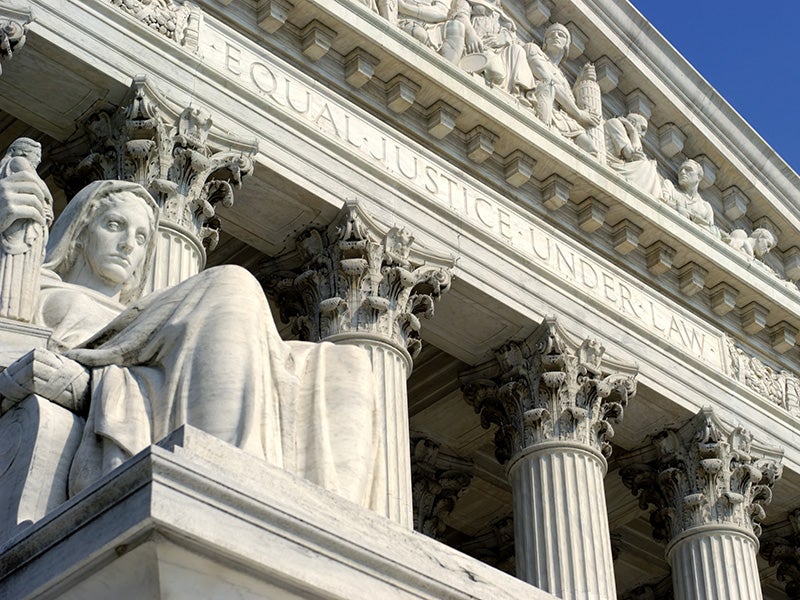Supreme Court Ruling Under Fair Housing Act Upholds Disparate Impact
A critical doctrine for civil rights enforcement and environmental justice
Contact
Today, the U.S. Supreme Court affirmed that people can sue under the Fair Housing Act to challenge a policy or action that results in a disproportionate effect on the basis of race or national origin. This concept of disparate impact is critical for the enforcement of all civil rights laws so that environmental injustices can be addressed.
While, the outcome of the case, Texas Department of Community Affairs v. Inclusive Communities Project, only directly addresses enforcement of the Fair Housing Act, the use of the disparate impact standard under other laws is also critical for achieving environmental justice.
Low-income communities of color are more likely to be exposed to environmental contamination and pollution from industry sources. For example, in North Carolina, the state's lax regulation of industrial hog waste disposal discriminates against communities of color who disproportionately live near these facilities. These communities are forced to endure the smell and water quality impacts resulting from industry flushing hog feces and urine into open, unlined pits and then spraying this "liquid manure" onto nearby fields where waste contaminates nearby waters and drifts as mist onto neighboring properties.
Most of these actions may not be "intentional," or proof of any "intent" may be hard to find, but the continued operation of industrial swine facilities with inadequate and outdated systems for controlling animal waste still has a negative impact on communities of color in the state. The U.S. Environmental Protection Agency should enforce Title VI of the Civil Rights Act of 1964 to ensure that North Carolina—and indeed all of the state and local agencies that receive federal funding, as well as all the private facilities with environmental impacts that also receive federal funding—considers environmental justice issues when issuing permits or deciding where to locate toxic facilities.
The disparate impact decision under the Fair Housing Act was released this morning. If you plan to cover this and wish to focus on environmental justice, here are a few resources that help connect the disparate impact standard to environmental justice:

Additional Resources
About Earthjustice
Earthjustice is the premier nonprofit environmental law organization. We wield the power of law and the strength of partnership to protect people's health, to preserve magnificent places and wildlife, to advance clean energy, and to combat climate change. We are here because the earth needs a good lawyer.